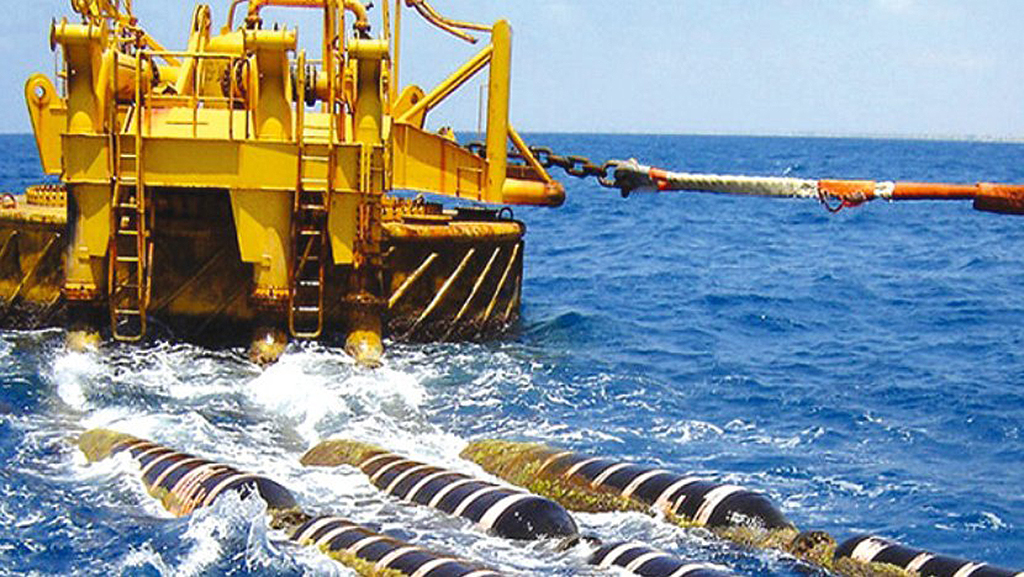The energy regulators of Cyprus and Greece reaffirmed on Thursday their ongoing commitment to the Great Sea Interconnector – the proposed subsea electricity cable connecting the two countries.
In a statement, Cyprus’ energy regulatory authority (Cera) said it and its Greek counterpart held a meeting in Athens with representatives of Admie – Greece’s Independent Power Transmission Operator.
Admie is the project promoter for the interconnector.
The meeting concerned “technical matters relating to progress in implementing the project as well as its financial management”.
Cera said it and Greece’s Regulatory Authority for Energy, Waste and Water reaffirmed their support for the project “in the interest of consumers and in accordance with the provisions of the Cbca [cross-border cost allocation] agreement between the regulators as well as the relevant EU and national regulatory frameworks”.
On 17 March this year the two regulators addressed a letter to the European Union where they stressed the project “is of strategic importance for Greece, Cyprus, Israel and the EU, fully aligned with the goals of the Necp [national energy and climate plan] and the European Green Deal”.
The regulators also noted that the interconnector would “enhance the security of supply for Cyprus, Israel and electricity markets in southeastern Europe, and contribute to transitioning to a green economy, lessening reliance on fossil fuels”.
They additionally informed Brussels that they advocate the interconnector project be included in the 2nd List of Projects of Common Interest currently under discussion at the 5th Meeting of the TEN-E Regional Groups on electricity.
Under the Cbca previously signed between the two countries’ respective energy regulators, Cyprus undertakes 63 per cent of the cost of the interconnector, and Greece 37 per cent.
As for the cost-sharing in the event the project is canceled due to an external factor or incident, this was set at 50-50.
Earlier this month, it emerged that Admie had “temporarily” suspended payments to Nexans, the French company with the contract to manufacture and lay the subsea cable between Crete and Cyprus.
The suspended payment concerned €70 million in pending instalments.
The project as a whole has been budgeted at €1.94 billion. The contract for the manufacture and laying of the cable alone is worth a reported €1.4 billion.
The decision to halt payments was attributed to uncertainty looming over the project, mainly caused by geopolitical factors – Turkish ships in the area disrupting seabed surveys for the interconnector cable in international waters.






Click here to change your cookie preferences